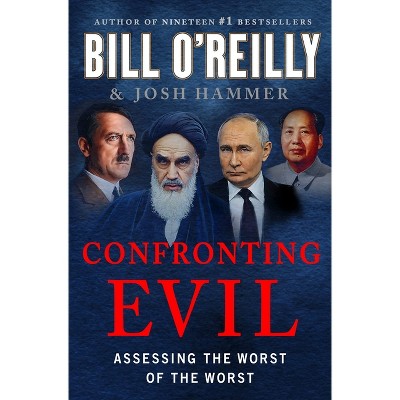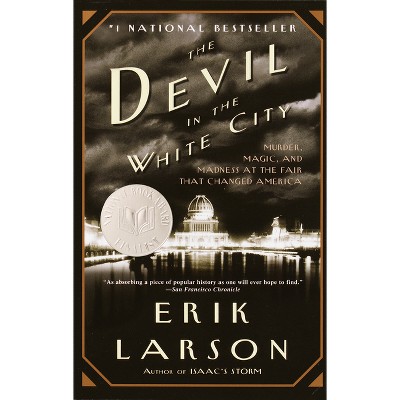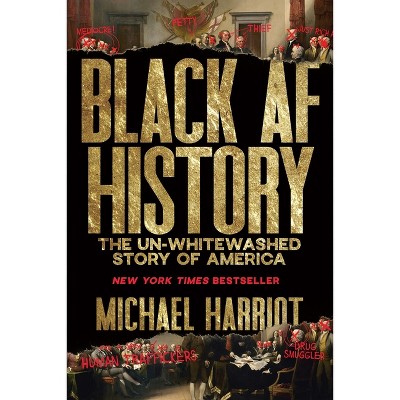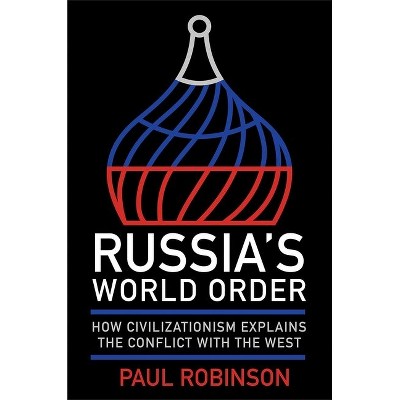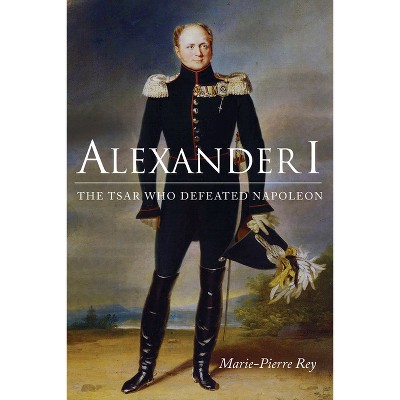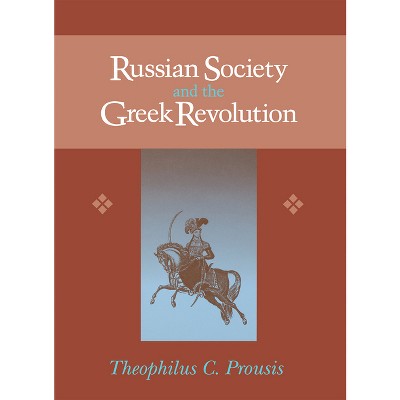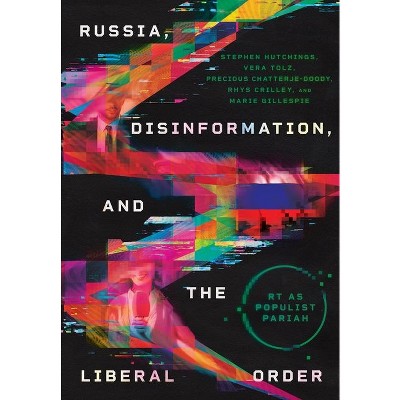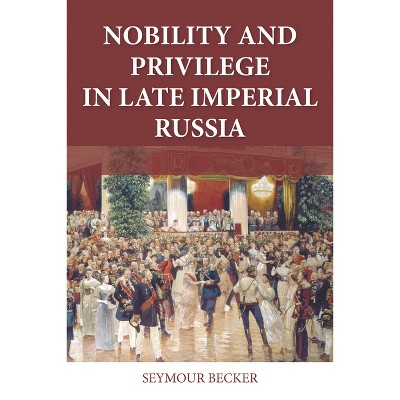Vilnius Between Nations, 1795-2000 - (Niu Slavic, East European, and Eurasian Studies) by Theodore R Weeks (Paperback)

About this item
Highlights
- The inhabitants of Vilnius, the present-day capital of Lithuania, have spoken various languages and professed different religions while living together in relative harmony over the years.
- About the Author: Theodore R. Weeks is professor of history at Southern Illinois University Carbondale.
- 366 Pages
- History, Europe
- Series Name: Niu Slavic, East European, and Eurasian Studies
Description
About the Book
The inhabitants of Vilnius, the present-day capital of Lithuania, have spoken various languages and professed different religions while living together in relative harmony over the years. The city has played a significant role in the history and development of at least three separate cultures--Polish, Lithuanian, and Jewish--and until very...Book Synopsis
The inhabitants of Vilnius, the present-day capital of Lithuania, have spoken various languages and professed different religions while living together in relative harmony over the years. The city has played a significant role in the history and development of at least three separate cultures--Polish, Lithuanian, and Jewish--and until very recently, no single cultural-linguistic group composed the clear majority of its population.
Vilnius between Nations, 1795-2000 is the first study to undertake a balanced assessment of this particularly diverse city. Theodore Weeks examines Vilnius as a physical entity where people lived, worked, and died; as the object of rhetorical struggles between disparate cultures; and as a space where the state attempted to legitimize a specific version of cultural politics through street names, monuments, and urban planning. In investigating these aspects, Weeks avoids promoting any one national narrative of the history of the city, while acknowledging the importance of national cultures and their opposing myths of the city's identity. The story of Vilnius as a multicultural city and the negotiations that allowed several national groups to inhabit a single urban space can provide lessons that are easily applied to other diverse cities. This study will appeal to scholars of Eastern Europe, urban studies, and multiculturalism, as well as general readers interested in the region.
Review Quotes
Vilnius Between Nations is a substantial scholarly achievement. Weeks has distilled a vast multilingual literature, supplemented with many printed and manuscript sources. He writes clearly in a measured, humane tone, and makes every effort to be fair and balanced in his judgments.
-- "Slavonic and East European Review"Vilnius Between Nations is a well-written, meticulously researched, fresh, and innovative contribution to our knowledge of the history of Vilnius, Lithuania, Poland, Russia, and Eastern Europe in general.
-- "Canadian Journal of History"Only a scholar with Weeks's aptitude for languages could pull off a project of this complexity, yet it is his impressive facility in English that makes this important book a pleasure to read.
-- "Choice"The book is truly edifying in the careful and enlightening connections it makes between the local and the global, setting the city of Vilnius in its rightful place on the stage of European history.
-- "Journal of Modern History"About the Author
Theodore R. Weeks is professor of history at Southern Illinois University Carbondale. He is the author of Nation and State in Late Imperial Russia and From Assimilation to Antisemitism. He is also author of Across the Revolutionary Divide and coauthor of Making Europe.
Shipping details
Return details
Trending History

